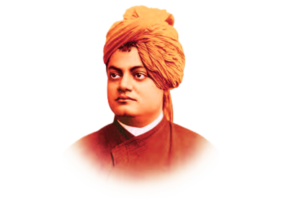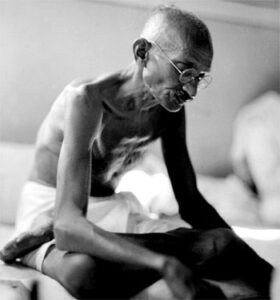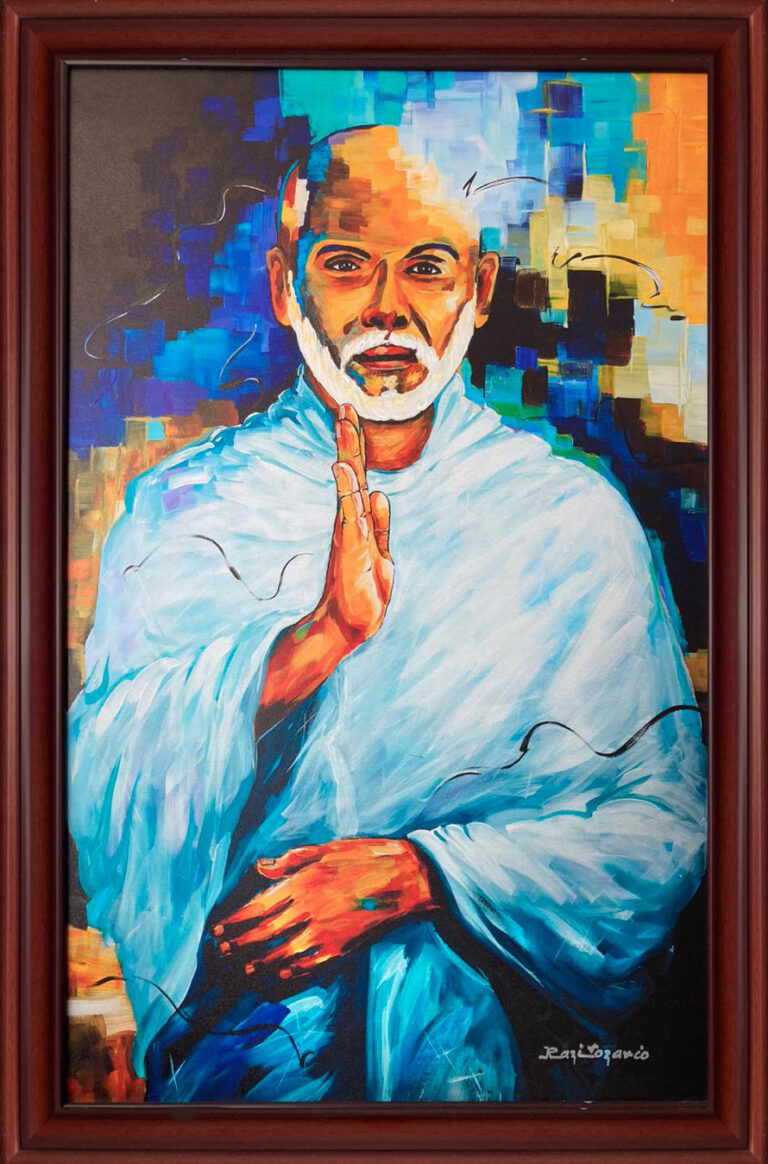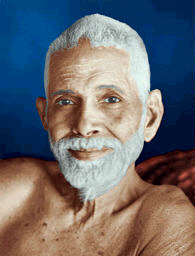Local Skill Development
Strengthening social skills and self-competence
As part and parcel of Thasmai Gurukulam our social responsibilities embrace the needs for the present and the future of the surrounding indigenous communities. Identifying the specific requirements of this group of people should take the ashram volunteers gear themselves up to the serious tasks of up skilling the community’s young to higher levels of understanding and practice, readying them to face a challenging world outside, full of competition.
Gurugramam will eventually become a national skill development hub where delegates can visit and attend training sessions to grasp the lessons learned. It will be Gurugramam’s initiative to cultivate a culture of compassionate capitalism where emphasis will be nil on competition but encouraging cooperative growth without economic injuries.


" Charity opens the heart "

Swami Vivekananda(1863-1902)


Mission
Networking young people to keep cultural links live
It shall be the endeavor of the ashram to gather the young in the served communities, build strong and lasting peer networks so that they never lose touch with their homes. The lack of connectivity between people in the same society in the recent decades led to a rupture in links with the very home culture where they grew up. This created a negative divide between the rural and urban Diasporas.

Recall the face of the poorest and weakest man you have seen, and ask yourself if this step you contemplate is going to be of any use to him
Father of the Nation
Social Justice – Our Master’s Worldview
Sree Narayana Guru (1856–1928) a prominent social reformer, spiritual leader, and philosopher from Kerala, India. He dedicated his life to the upliftment and empowerment of the oppressed and marginalized communities, particularly the lower castes, who faced severe discrimination and exclusion in society. His contributions were revolutionary in transforming social dynamics and establishing the foundations for equality. The cardinal ways in which Sree Narayana Guru worked for the empowerment of these communities include:

Establishment of places of worship and educational institutions
Sree Narayana Guru established several temples open to all castes, challenging the traditional norms that restricted temple entry based on caste. In 1888, he consecrated the Aruvippuram Shiva Temple, near Trivandrum which was considered a groundbreaking act against the orthodoxy that restricted temple consecration to Brahmins. He also founded numerous schools and colleges to provide quality education to marginalized communities, understanding that education was a key tool for their upliftment.
Promotion of Social and Religious Reform
Guru advocated for the abolition of the caste system and promoted the idea of "One Caste, One Religion, One God for Humankind" ("Oru Jathi, Oru Matham, Oru Daivam Manushyanu"). He led various reform movements that promoted inter-caste marriages, equality, and social justice. Through his teachings and writings, he encouraged self-respect, dignity, and unity among the lower castes.
Role in the Vaikom Satyagraha (1924-25)
The Vaikom Satyagraha was a major social protest aimed at securing the rights of lower-caste people to use public roads around the Vaikom Temple in Kerala. Although not directly involved in the protest, Sree Narayana Guru’s ideologies and support significantly influenced the movement. He advised the protestors to adopt peaceful and non-violent means, which helped in creating a broader social impact.
Encouragement of Economic Self-reliance
He urged people to pursue self-employment and entrepreneurship to achieve economic independence, as a means to overcome poverty and social dependency. Through various cooperative initiatives, he aimed to improve the economic conditions of backward communities.
Writings and Philosophical Teachings
Guru’s literary works, such as Atmopadesa Satakam and Daiva Dasakam, emphasized and epitomized universal values, human dignity, and equality. He preached the importance of inner spirituality over external rituals, encouraging people to focus on self-improvement and social service.
Promotion of Interfaith Harmony
He emphasized the idea of universal brotherhood and encouraged people to rise above caste and religious divisions. By consecrating symbols like the "Mirror" in the Kalavamkodam Temple (symbolizing self-reflection and the concept that divinity resides within oneself), he communicated the message of inner purification over ritualistic practices.
Ultimate Aim of education as a Seva
 In keeping with the Indian traditions of Gurukula education, Gurugramam lays emphasis on reaching the benefits of tradition based modern learning among the weakest in society. Making available the best teaching faculty and tools we will spare no efforts in uplifting generations of underprivileged children driven to squalor for no fault of theirs! Our ashram campus will include the members of the local communities in education and upskilling, preparing the young generations to face the future and shoulder responsibilities with confidence and courage.
In keeping with the Indian traditions of Gurukula education, Gurugramam lays emphasis on reaching the benefits of tradition based modern learning among the weakest in society. Making available the best teaching faculty and tools we will spare no efforts in uplifting generations of underprivileged children driven to squalor for no fault of theirs! Our ashram campus will include the members of the local communities in education and upskilling, preparing the young generations to face the future and shoulder responsibilities with confidence and courage.
Kindness & Emotion
The spontaneous overflow of this powerful emotion is driven from an innate spark of selfless spirituality. The worldview that we hold about the whole Universe as one family strengthens this emotion as we go along.
Creativity & Innovation
We realize the pitfalls of the erstwhile teaching and learning curricula, depending on rote learning by heart – this will be replaced with teaching/learning methods with Creativity as the objective and aim. State of the art, yet non intimidating approaches will govern this practice. We will be inviting worldwide talent pools of creativity in a variety of subjects and vocations to deal with our students.

